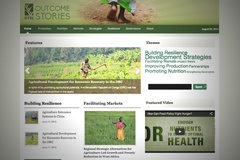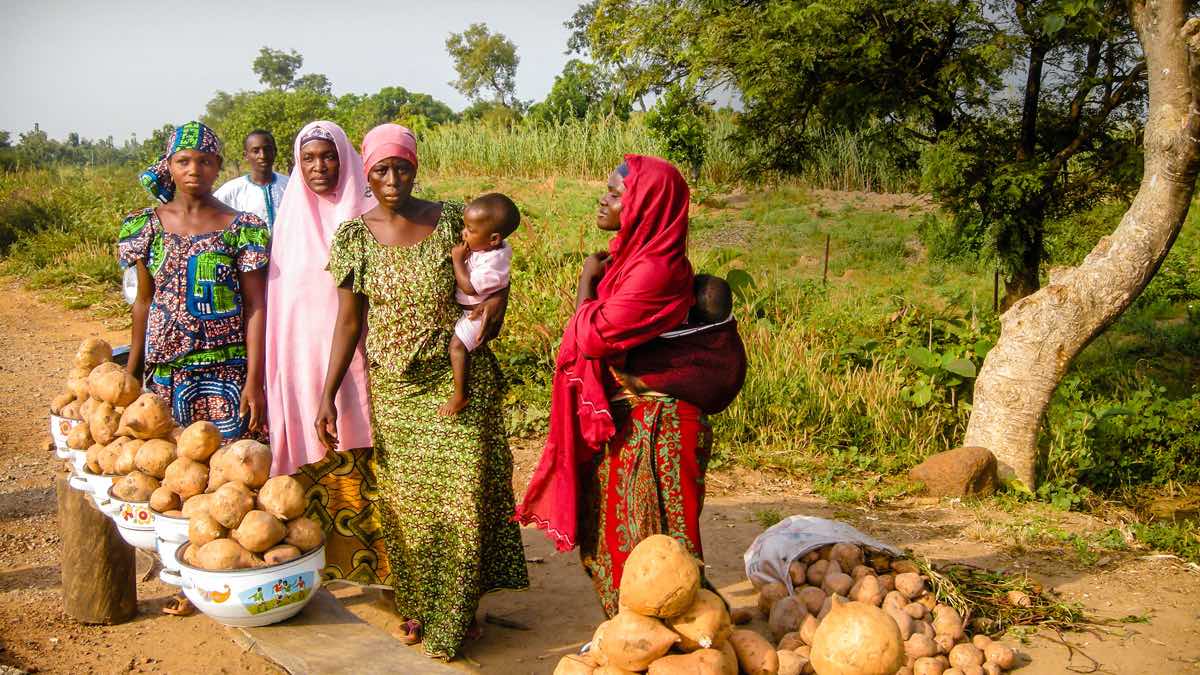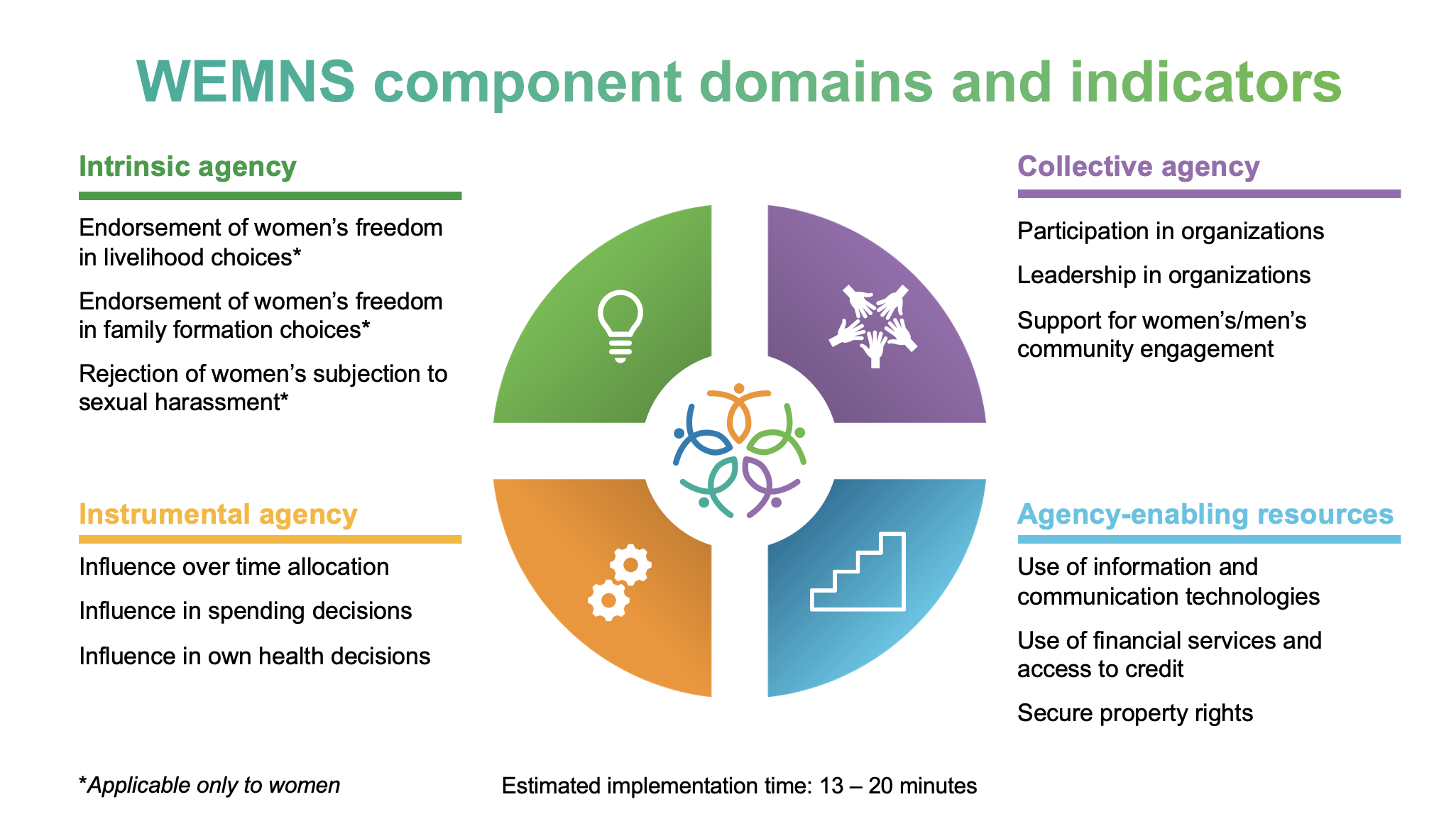IFPRI is pleased to announce the launch of its Outcome Stories website, highlighting the impact of IFPRI and partners’ work around the world. The website will showcase 30 initial stories of success, benchmarking progress achieved in areas such as building resiliency, facilitating markets, improving production, promoting nutrition, strengthening governance, and designing country strategies. Each week, IFPRI will share a new story from a growing collection of more than 80.
A diverse cross-section of outcomes is featured on the website. Highlights include:
- A Cornell University and IFPRI study to determine the effectiveness of treating or preventing childhood nutrition contributed to new thinking on how to address the widespread problem well beyond the borders of Haiti. Prevention has become the accepted standard among aid agencies and NGOs and the findings provided evidence that the first one thousand days are a critical window for investing in nutrition—the fundamental basis of the 1,000 Days initiative. Read related story.
- The European Commission’s Food Security Thematic Programme referred to IFPRI’sGlobal Hunger Index (GHI) as one of the relevant international indicators for monitoring progress in reaching the Millennium Development Goal of eradicating extreme poverty and hunger. Read related story.
- IFPRI’s poverty data contributed to the Government of Pakistan setting up a task force to evaluate the Pakistan Bureau of Statistics’ methods in calculating official poverty numbers, using IFPRI’s household surveys as a model. Read related story.
- IFPRI’s work on nutrition and HIV/AIDS through RENEWAL, the Regional Network on AIDS, Livelihoods, and Food Security, has been quite influential. The World Health Organization Assembly resolution WHA57.14, passed in 2005, identifies IFPRI as the source for their call to integrate “nutrition into a comprehensive response to HIV/AIDS.”Read related story.
The Outcome Stories website, together with IFPRI’s Outcome Brochures and Impact Assessments, shares stories of success in combating poverty and hunger via research-based policy solutions.







